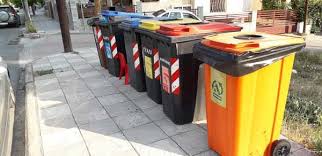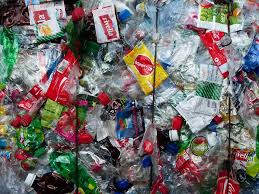Waste recycling has some significant advantages. Recycling turns materials that would otherwise become waste into valuable resources and generates a host of environmental, financial, and social benefits. It prevents the emission of many greenhouse gases and water pollutants.
Recycling decreases the need to extract and process virgin material, which pollute air, soil and water with toxic material. It saves energy necessary to produce new materials.
Read Also: Advantages of Waste Recycling

It can save from 1.5 to 5 times more energy than is generated by incineration. In summary, waste recycling offers the following advantages:
For the Managers of Waste:
- Reduction of waste volume
- Cost savings in collection, transport, and disposal
- Longer life span for landfills
- Reduction of adverse environmental impacts.
For the Economy
- Reduction of imports (for fertilizers or soil amendments) and thus less foreign currency required
- Job opportunities and income for the people
- Cheap products (made from recycled materials) for the poor
- Reduces the amount of energy required to manufacture new products.
Read Also: How to Generate Recycled Income from Old Cell Phones (Used Phones)
For the Environment
- Sustainable use of resources: for example, less energy consumption and thus less pollution
- Reduced amount of waste going to storage sites, resulting in a more manageable system
- Reduces environmental impacts arising from waste treatment and disposal
- Makes the surroundings cleaner and healthier.

